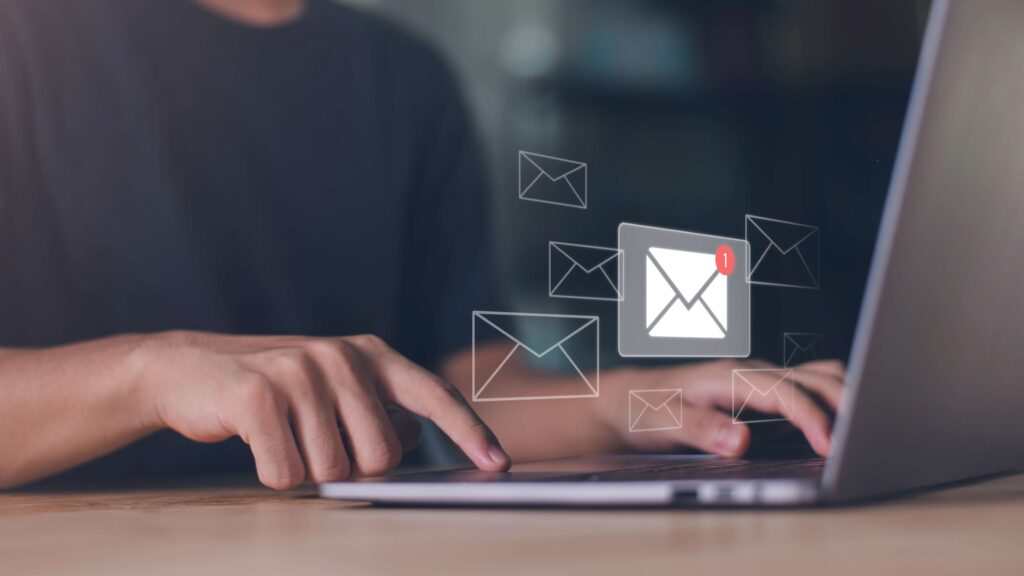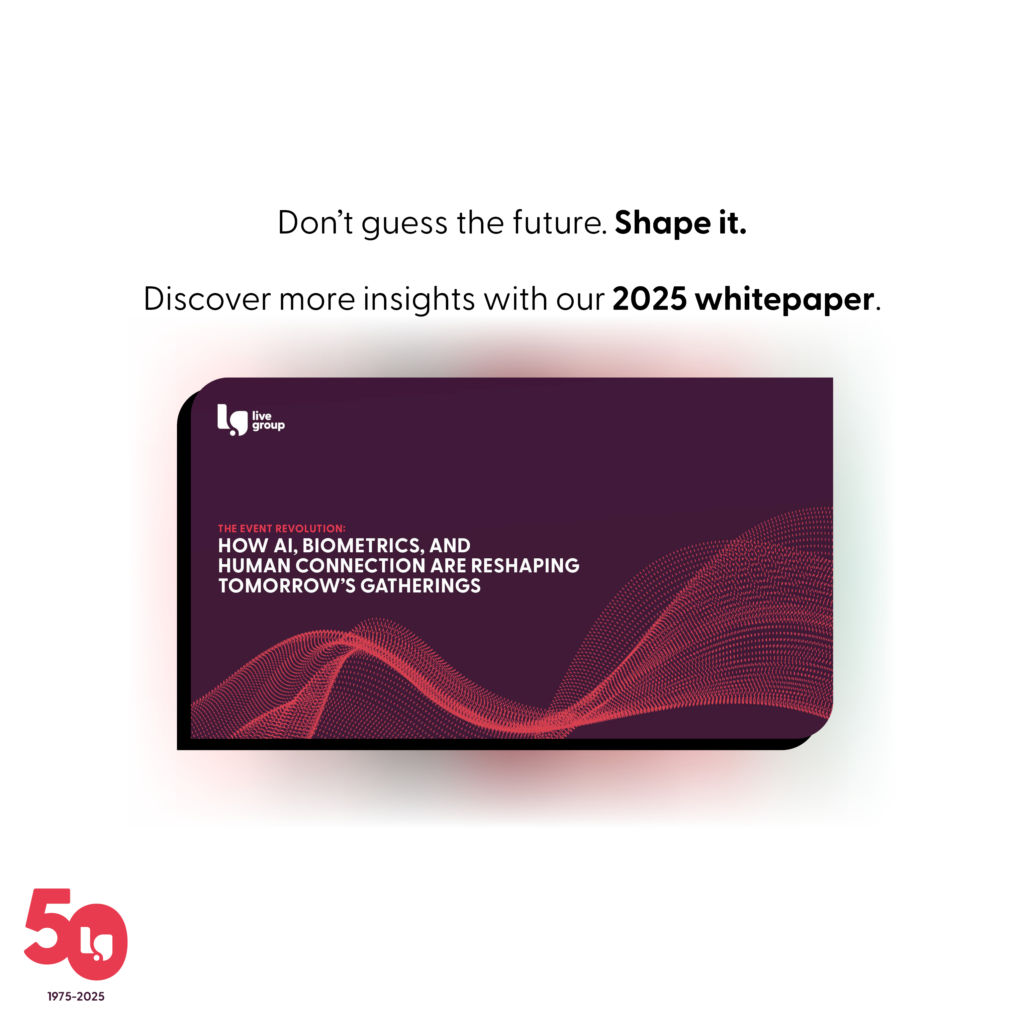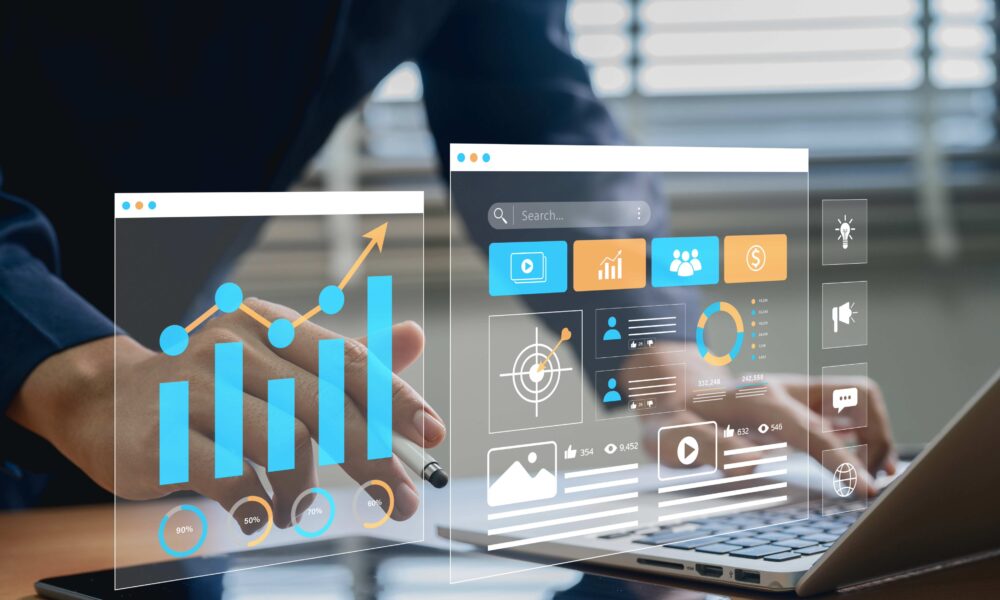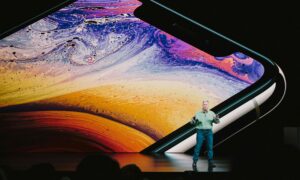Discover practical, effective strategies to promote your event in 2025, boost registrations, and engage the right audiences across multiple channels.
It’s hard to imagine a time when there have been so many events. From high-profile conferences to internal town halls, hybrid launches to fully virtual gatherings, events have become the beating heart of organisational culture and marketing strategy. That’s fantastic news for engagement, but it also means standing out has become harder than ever.
A well-run event means nothing if no one shows up. Promotion isn’t the final flourish tacked on at the end; it’s the thread that pulls everything together. Whether you’re organising for a government department, a corporate comms team, or a busy marketing unit, a smart promotion plan ensures all your effort lands on your audience’s radar.
What Is Event Promotion and Why Does It Matter?
Event promotion is the communication engine behind any successful event. It’s everything you do to build awareness, generate excitement, and drive people to register or attend. That might involve email campaigns, paid advertising, targeted social media outreach, internal comms, or maybe even good old-fashioned flyering.
But it’s more than a tactical exercise. It shapes how people perceive the event itself. Is this worth their time? Does it speak to their professional needs or personal interests? Are they going to miss something if they don’t attend? Those are the questions your promotion plan should quietly answer.
Summary: Event promotion is how you set the tone, build anticipation, and ultimately determine whether your event resonates with the right people.
How Do You Identify the Right Audience for Your Event?
Before sending out any communications, define exactly who you’re trying to reach. A client dinner for senior partners requires a different approach to a public sector innovation summit. Use your CRM, LinkedIn Sales Navigator, or platforms like Lusha to build a clean, targeted list of delegates you actually want in the room (or online).
Segmenting your audience allows you to tailor your messaging. Marketers respond to different cues than engineers; internal staff need different language to external stakeholders. Audience segmentation ensures your outreach feels relevant rather than generic.
Summary: A clear understanding of your audience gives every other part of your promotion plan sharper focus and higher impact.
How to Promote Your Event With E-mail Campaigns
Not everyone wants a high-energy gaEmail remains one of the most powerful ways to promote an event, if done properly. Personalisation is key. Use tokens like the recipient’s name, job title, or company to make each message feel individually crafted. More importantly, speak directly to their world and highlight tangible benefits.
“Hi [First Name],
As a [Job Title] at [Company], you’ll know the challenges of keeping your team ahead of shifting industry regulations. That’s why we’d love to invite you to our upcoming event. You’ll hear from [Speaker], connect with peers, and leave with practical strategies to take back to the office.”
Don’t stop at one message. Build a steady cadence of reminders, speaker spotlights, and countdowns. Use A/B testing to experiment with subject lines, calls to action, or tone, and refine your approach based on real data.
Summary: A well-structured email plan, grounded in personalisation and repetition, remains one of the most reliable drivers of registrations.

How Should You Use Social Media to Promote an Event?
Social media is your event’s shop window. Rather than spreading yourself thin, focus on the platforms where your audience actually spends time. LinkedIn works well for B2B events, Instagram suits creative or consumer-facing gatherings, and X (formerly Twitter) can help build thought leadership and live buzz.
A simple timeline works effectively:
- Four weeks out: Announce the event with strong creative and a clear CTA.
- Three weeks out: Share teaser clips, speaker quotes, or behind-the-scenes glimpses.
- Two weeks out: Emphasise value, reasons to attend, and start targeted paid activity if appropriate.
- Final week: Use countdown posts, polls, stories, or quick live Q&As to build urgency.
Test different visuals and wording to see what performs best. Small tweaks often make a big difference.
Summary: A targeted, consistent, and well-timed social media plan builds momentum and keeps your event visible throughout the campaign period.
Why Does Personal 1:1 Outreach Still Work for Event Promotion?
Personal outreach can cut through the noise better than many paid tactics. Encourage internal teams, partners, and speakers to send targeted invitations via LinkedIn or email. A message from a trusted peer often carries more weight than one from a brand account.
This approach is especially powerful for high-value or invitation-only events where relationships drive attendance.
Summary: Direct outreach builds trust and can significantly boost attendance, especially for more targeted or relationship-led events.
Can In-Person Event Promotion Still Make an Impact?
Despite the dominance of digital, in-person promotion still has a role. Flyering at industry hubs, advertising in commuter stations, or using screens in business districts can grab attention in ways digital channels can’t.
For example, a finance conference advertised in Canary Wharf or a healthcare symposium promoted near NHS Trust offices feels immediate and relevant. It won’t carry the entire campaign, but it can strengthen your overall strategy.
Summary: Strategic in-person promotion adds tangible presence and supports digital efforts, particularly for location-specific events.
How Should You Promote Different Event Formats?
How to Promote In-Person Events
Physical events benefit from local targeting and tangible experiences. Partnerships with nearby businesses, mentions in trade press, and location-based Google Ads can increase visibility. Pre-event logistics emails, covering travel, accommodation, or venue details help convert hesitant attendees.
Summary: Localised targeting and practical information build confidence and encourage commitment for physical events.
How to Promote Virtual Events
Virtual events require clarity and reassurance. Communicate what platform you’re using, how interactive the event will be, and why it’s worth attending live. Teaser clips, digital signage, and reminder emails keep the event visible. A short “tech check” session can remove barriers for less confident participants.
Summary: Clear communication and regular digital touchpoints make virtual events feel accessible and worthwhile.
How to Promote Hybrid Events
Hybrid events demand consistent messaging but tailored logistics. Create separate registration pathways for online and in-person delegates, while keeping the overarching narrative unified. Highlight the benefits of each format so neither group feels like they’re missing out.
Summary: Balanced messaging and clear logistics ensure both online and in-person audiences feel fully included.
What Are Some Event Promotion Ideas?
Once the fundamentals are in place, creative tactics can give your promotion extra lift. For example:
- Partner with speakers or industry influencers to widen reach.
- Run micro-content campaigns with short videos or polls.
- Set up internal ambassador programmes to spread the word.
- Offer referral incentives to encourage peer promotion.
- Gamify RSVPs with small rewards for early sign-ups.
Summary: Combining proven tactics with creative twists keeps your campaign fresh and engaging from start to finish.
What Are Some Out-of-the-Box Event Promotion Ideas?
A bit of playfulness can make your event memorable before it even begins. Mystery speaker reveals, interactive landing pages that respond to visitor behaviour, or themed “quests” on social media can create genuine buzz when executed thoughtfully.
Summary: Well-considered creative tactics add personality and memorability without undermining professionalism.
How to Promote Your Event: Final Thoughts
Event promotion is where strategy meets creativity. By understanding your audience, using the right mix of channels, and layering in clear communication with a touch of originality, you set the stage for an event that people genuinely want to attend.
A balanced approach, grounded in audience insight and executed with clarity, turns good events into great ones.
It’s the strategic communication plan that builds awareness and drives attendance for an event, using channels like email, social media, paid ads, and in-person tactics.
Because even the best event fails if no one turns up. Promotion ensures visibility, sets expectations, and creates momentum.
Target the right platforms, keep a steady cadence, share value-driven content, and test variations to refine your approach.
By keeping the event visible within office spaces or public areas, reinforcing key messages in a way that cuts through email fatigue.
Lean on clear comms, regular reminders, interactive previews, and targeted digital marketing to make attendance seamless and appealing.
Ready to take the stress out of event planning?
Chat to us today about how our delegate management services can help bring your next event to life – on time, on budget, and beyond expectations. Whether you need full-scale delivery or targeted support, Live Group is here to help.
Download our latest report to explore the latest event solutions, learn how event production agencies are leveraging technology for seamless conference planning, and uncover strategies to enhance hybrid event management.






